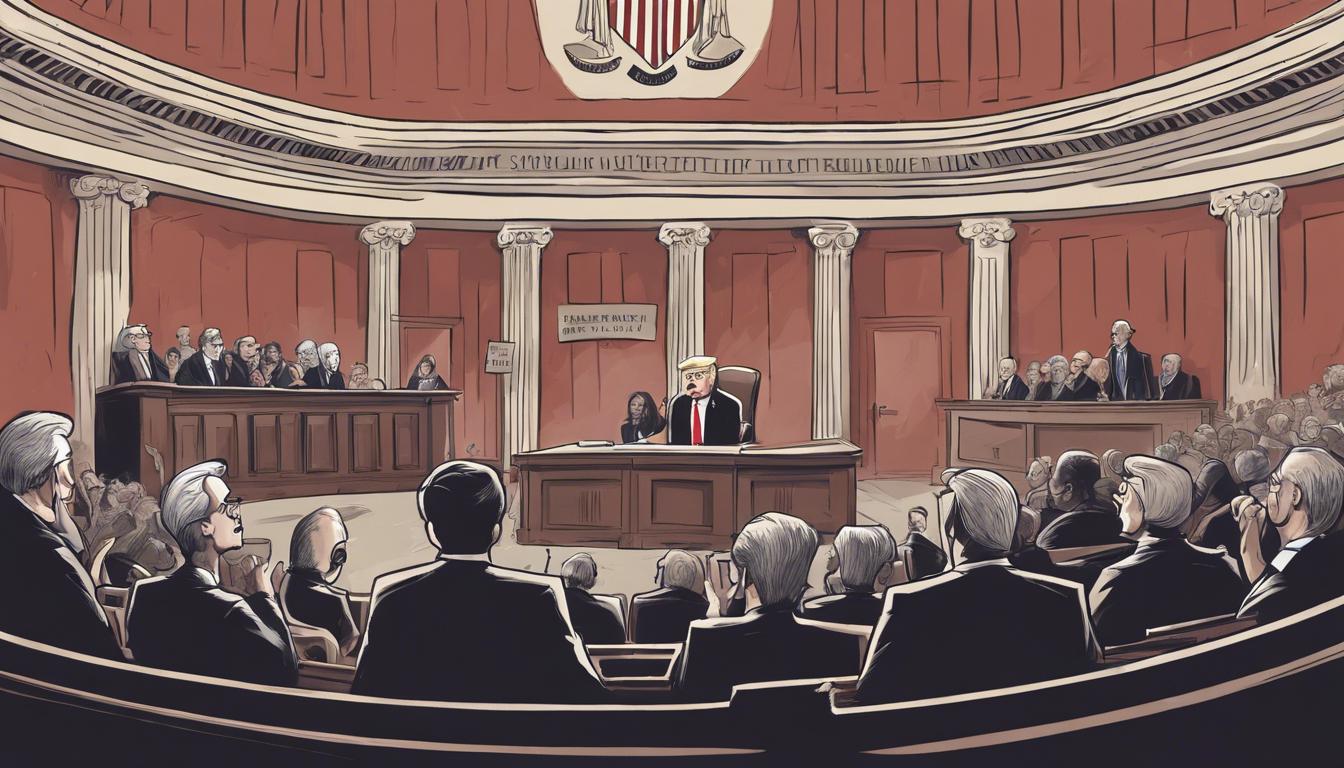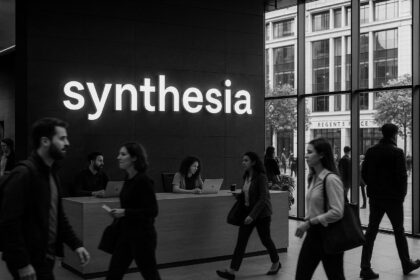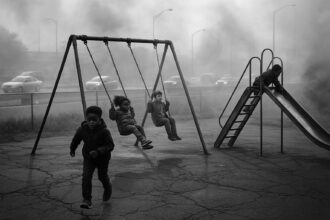The US Supreme Court is examining the extent of immunity former presidents should have from criminal prosecution, a critical decision that impacts Donald Trump’s trial and presidential accountability.
In the United States, the Supreme Court is currently considering the extent of immunity that should be granted to former presidents from criminal prosecution for actions taken while in office. This deliberation could affect the pending trial of former President Donald Trump regarding allegations of election interference on January 6th. While the court has rejected the idea of broad absolute immunity, it is exploring protections for official acts conducted during a president’s tenure.
The oral arguments showed a divide among the justices, with conservative members expressing concerns about politically motivated prosecutions of former presidents, while liberal justices questioned the scope of criminal protections that should be afforded. The case has stirred significant public interest, illustrated by demonstrations outside the Supreme Court.
The discussions focused on differentiating between a president’s personal actions and official duties, a pivotal issue in Trump’s defense against charges tied to his alleged role in the 2020 election results interference. Trump’s attorney, John Sauer, argued for broad immunity, suggesting that only impeached presidents could be indicted for such actions. However, Michael Dreeben, representing the Department of Justice, opposed this, highlighting the dangers of excessive immunity interfering with presidential accountability.
The implications of this case are profound, potentially impacting the balance of power and future presidential conduct. The Supreme Court’s final decision is anticipated by late June, and it could send the case back to a lower court for further review, thereby delaying Trump’s trial, particularly ahead of the November election. The justices have indicated that they are not prioritizing a speedy resolution, underscoring the complexity and significance of the issues at stake.













